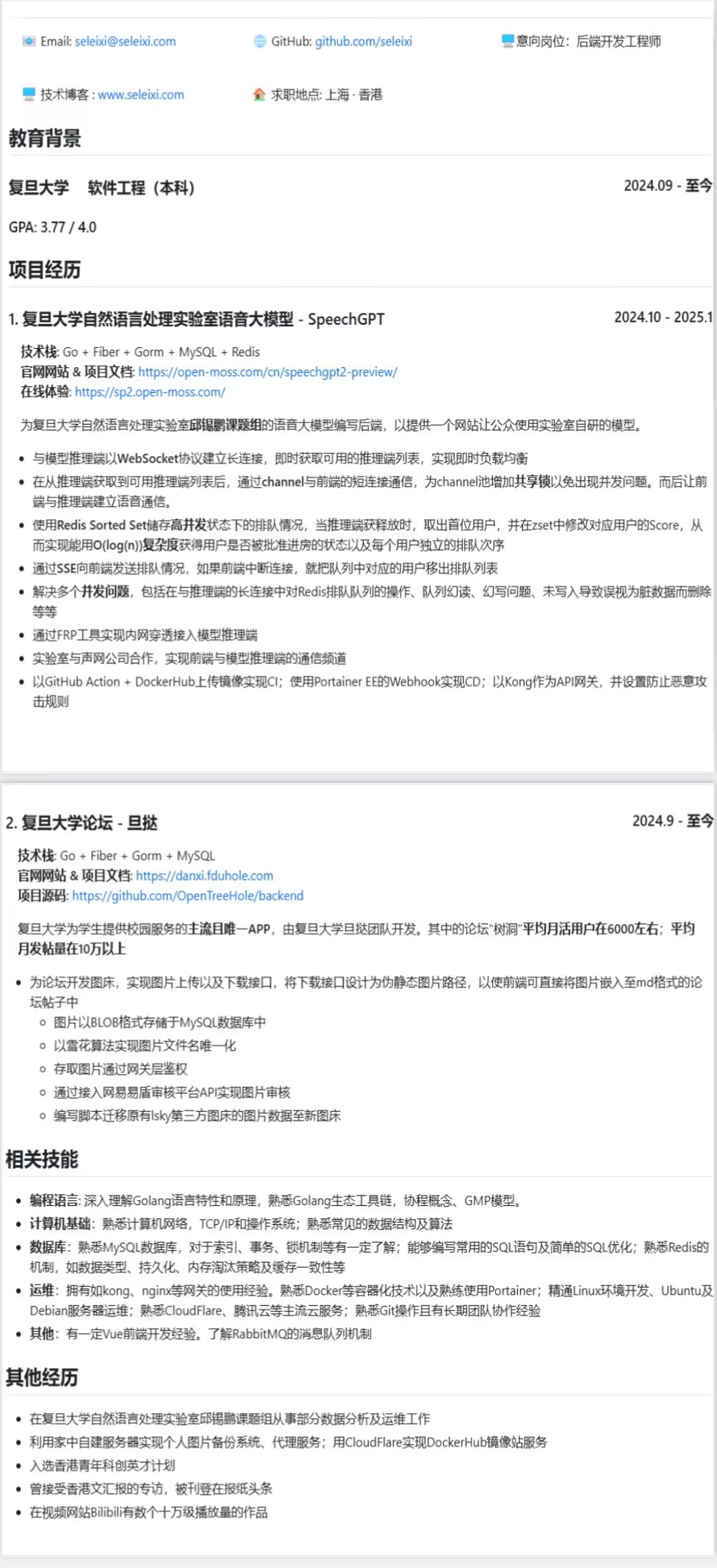
2503.13447v1.pdf
https://www.alphaxiv.org/overview/2503.13447
https://fudan-nlp.feishu.cn/docx/HobbdK6YwoHoEsxpy6dcnczCneb?from=from_copylink
In the provided context, “test-time scaling” refers to a method of enhancing the performance and reasoning capabilities of Large Language Models (LLMs) during inference (also called test-time), rather than during the training phase. In simpler terms, test-time scaling involves dynamically adjusting or augmenting the model’s cognitive strategies and reasoning capabilities at the moment it’s actively generating responses, without the need for additional training.
Traditionally, improving LLM performance involved increasing the number of model parameters (training-time scaling), which becomes prohibitively expensive and computationally demanding. By contrast, test-time scaling sidesteps this limitation—it doesn’t require retraining or expanding the model’s size. Instead, it focuses on intelligently adapting how the model processes information, selects strategies, and refines its reasoning on-the-fly during actual use.
The specific approach described, “MetaScale: Test-Time Scaling with Evolving Meta-Thoughts,” introduces a framework that enables an LLM to:
Adaptively choose cognitive strategies: At inference time, the model dynamically identifies and selects suitable reasoning methods based on the specific problem or query. Refine current thinking through reflection: Similar to how humans pause, reconsider, and adjust their problem-solving methods before responding, the model iteratively improves its reasoning strategies during inference. In short, “test-time scaling” in this context means enhancing the LLM’s reasoning abilities during inference through dynamic, reflective, and adaptive cognitive processes, rather than through expensive, static training-time scaling.